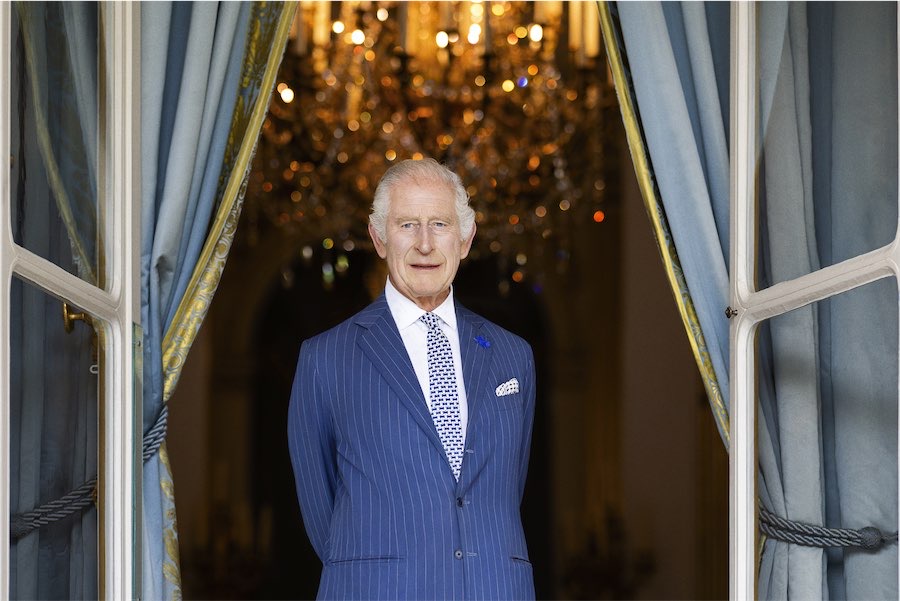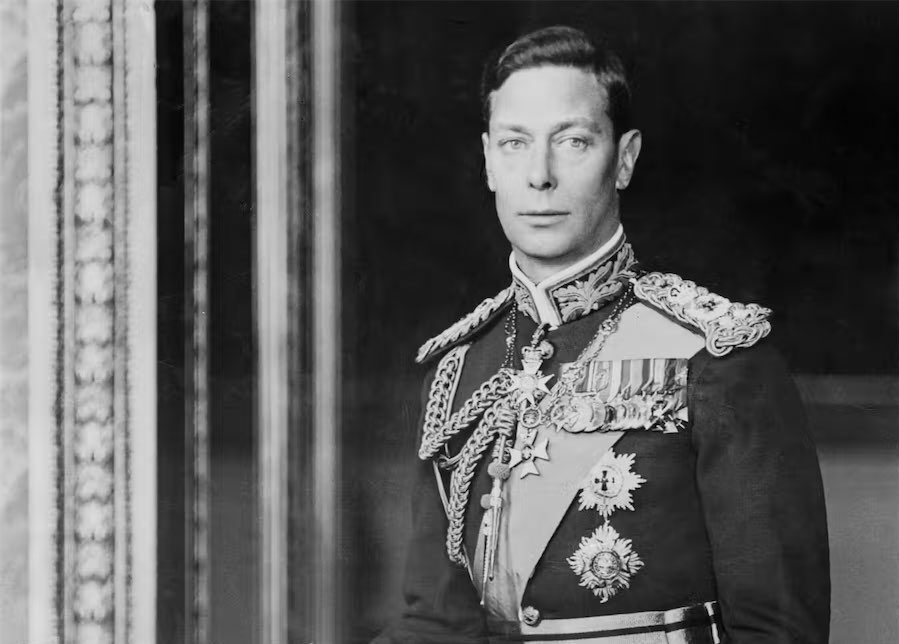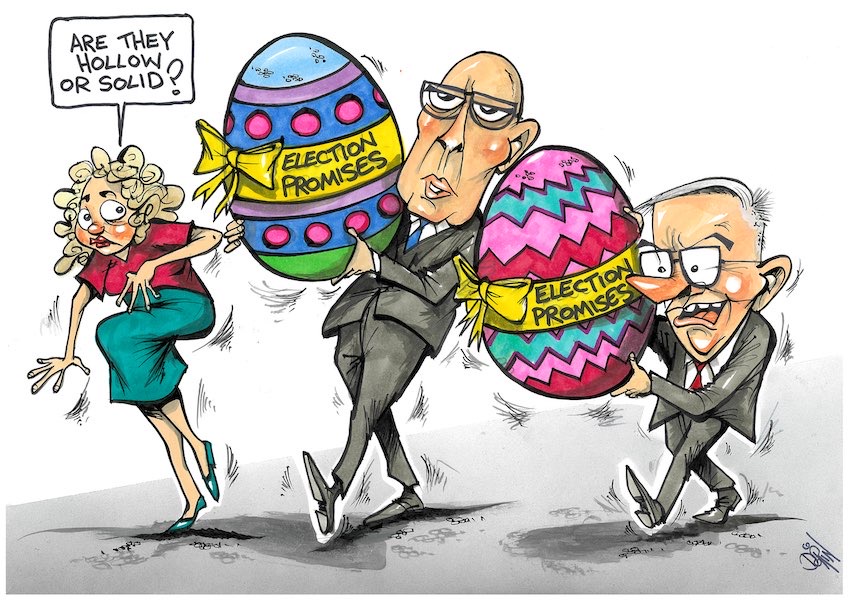
Charles III will be the first king of Australia to visit our shores. He could also be the last, says JESS CARNIEL.
King Charles III and Queen Camilla’s upcoming visit to Australia is significant for several reasons. It is Charles’ first visit since ascending to the throne – as well as the first time a British male head of state has visited Australia.
Some observers are also wondering whether it might be one of the last royal tours, as debates about Australia potentially becoming a republic are reignited.
As the monarchy tries to “modernise” alongside growing support for republicanism, this visit will be one to watch.
The curse of the Antipodes?
As Prince of Wales, Charles had a long and successful track record of royal tours to Australia, having visited 16 times. The visits included a term attending Geelong Grammar School in 1966, as well as the 1983 tour with Princess Diana that saw Australians caught up in Di-mania – and Charles reportedly gripped by jealousy.
But Charles’ royal predecessors weren’t as lucky in their trips down under. His own grandfather, King George VI, planned to visit Australia in the late 1940s with Queen Elizabeth and Princess Margaret, but the tour was postponed due to his poor health. While he had previously visited as the Duke of York, George VI never made it here as king.

The very first royal visit to Australia – Prince Alfred’s 1867 tour – had all appearance of being cursed. One of his crew members drowned during the first stop in South Australia. Several more people died in a major fire accident and a Catholic-Protestant skirmish in Melbourne.
Most memorably – certainly for Alfred – was an assassination attempt on the prince in Sydney. This, interestingly, is an experience King Charles has also had.
During Charles’ 1994 visit, student protester David Kang fired blanks from a starter pistol in protest of Australia’s treatment of Cambodian refugees. The then Prince of Wales wasn’t harmed and Kang went on to become a barrister.
For non-British royals, however, Sydney has been a lucky location. King Frederick X’s decidedly modern romance with Tasmania-born Queen Mary famously began when they met at a bar during the Sydney Olympics in 2000.
Prince or king – does it matter?
This will be Charles’ seventeenth visit to Australia, but his first as reigning monarch. This means he is visiting not on behalf of the head of state, but as the head of state.
The royal couple’s planned Australian engagements are as strategic as they are symbolic. They reflect carefully curated and ostensibly “non-political” issues such as environmental sustainability, cancer research and family violence.
The visit also includes a meeting with indigenous representatives. Notably, it is the first royal tour to not use the term “walkabout” to describe public meet-and-greets, as this term had been criticised as cultural appropriation.
It seems Charles’ modernised monarchy is seeking to distance itself from overtly colonial language – as much as a foreign monarchy can, anyway. The king has yet to respond to indigenous leaders calling for an apology for British colonisers’ genocides of First Nations peoples.
Although the Australian media has focused on the stops in Canberra and Sydney, the main purpose of the tour is for the king to attend the Commonwealth Heads of Government Meeting in Samoa between October 21 and 26.
It is the first time the meeting will be hosted by a Pacific Island state. The talks are an important opportunity for the king to highlight issues such as climate change, to which small island states in the Pacific are particularly vulnerable.
Are people happy about the visit?
All six state premiers have declined their invitations to meet the king at his welcome reception in Canberra, citing other commitments. Their excuses might be genuine in some cases. For example, Queensland Premier Steven Miles is in the last few weeks of an election campaign.
However, critics from the monarchist camp have viewed the move as a political response to debates over whether Australia should remain a constitutional monarchy with the king as its head of state.
A YouGov Australia poll published on the first anniversary of Charles’s ascension showed Australians are divided on republicanism. While 32% want to become a republic “as soon as possible”, 35% preferred to remain a constitutional monarchy and 12% wanted to become a republic after the king’s death. The remaining respondents didn’t know.
Notably, the poll found republican sentiment had increased since Queen Elizabeth II’s death in September 2022.
The Albanese government established an assistant minister for the republic upon entering office in 2022 (although the portfolio was abolished with this year’s reshuffle). Upon taking the role, assistant minister Matt Thistlethwaite suggested the “twilight of [Queen Elizabeth’s] reign” presented “a good opportunity for a serious discussion about what comes next for Australia”.
Charles doesn’t seem to be taking all this too personally. In a letter responding to the Australian Republican Movement in March this year, his private secretary said the king viewed this as “a matter for the Australian public to decide”.
The royal tour and the meeting in Samoa will be important opportunities for the monarchy to connect with Australia and other Commonwealth nations.
By presenting itself as a modern institution engaged with contemporary issues such as climate change, the monarchy will also have to engage with the possibility of new political identities for its former colonies.![]()
Jess Carniel, Associate professor in Humanities, University of Southern Queensland. Republished from The Conversation.
Who can be trusted?
In a world of spin and confusion, there’s never been a more important time to support independent journalism in Canberra.
If you trust our work online and want to enforce the power of independent voices, I invite you to make a small contribution.
Every dollar of support is invested back into our journalism to help keep citynews.com.au strong and free.
Thank you,
Ian Meikle, editor









Leave a Reply